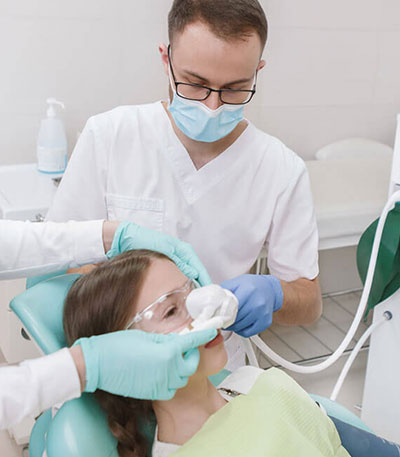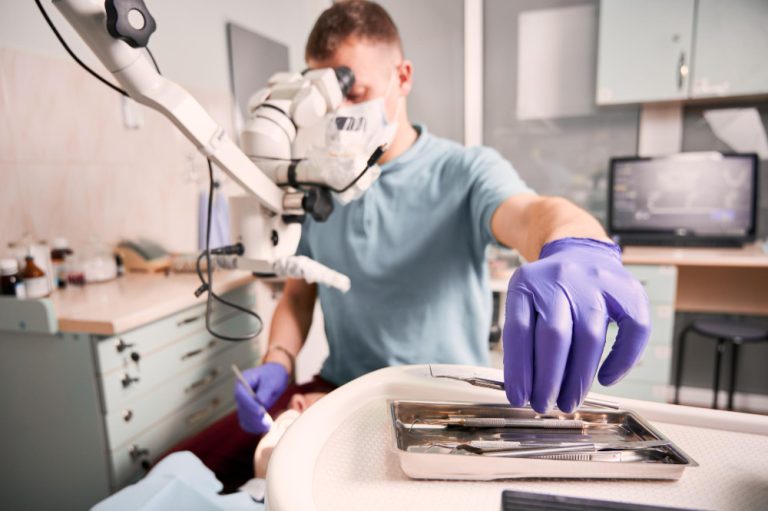Studies have shown that persons with disabilities (PWDs) have a higher risk of obtaining oral health problems such as tooth decay, halitosis, gum inflammation, and subsequent illnesses. Aside from their conditions, people with disabilities are not wholly aware of oral health, even if the symptoms are visible. Some are quite hesitant to visit the dentist because of the added expenses. A lack of information is another factor that prevents these appointments.
Table of Contents
ToggleWhy Do PWDs Have A Higher Risk of Experiencing Oral Health Care?
Most persons with disabilities have experienced poor nutrition because of their health conditions. Because of their special needs, doctors often prescribe soft diets to maintain their health. Some people with disabilities tend to experience difficulty swallowing food and drinking. This leads to oral health problems.
Medical experts have also acknowledged the fact that dental health complications can impact the physical and emotional state of a person. It affects one’s overall well-being and is an absolute necessity to check up on one’s oral health.
How To Deal With Dental Health Issues?
The question is, how should oral health problems be addressed? It may sound simple, but to take good care of the whole mouth has deeper aspects. People consume food every day, and food contains different nutritional substances that could be safe or unhealthy for the teeth. It is important to take cautionary steps such as drinking lots of water, reducing sugar intake, quitting smoking, and maintaining good nutrition. In addition, to prevent oral health issues, go for monthly dental checkups.
I Cannot Afford Access To Oral Care; What Should I Do?
There are private health insurance companies that can cover the cost of dental visits and treatment. However, it depends on what type of service you will need. If you have trouble accessing oral health care, third-party providers can assist you with your dental needs, such as funding assistance and dentist referrals.
Get An Appointment Through The NDIS
The National Disability Insurance Scheme (NDIS) does not cover oral health care services. But, the Australian Commission on Safety and Quality in Health Care has provided a practice alert in collaboration with the NDIS Commission. When asked for help, the NDIS providers must abide by the code. NDIS Providers can offer dental health services by:
- Planning access to oral health care includes using the resources to prepare a visit to the dentist for the person in need
- Supporting the participant by managing the person’s decision-making and ensuring that the families are aware of the decision
- Following up on oral health care, such as giving the recommended dental care
- Encouraging people with disabilities to gain knowledge about dental care
When it comes to oral health care issues, NDIS participants can consult plan managers and specialist support coordination teams for a list of reliable providers and dentists for accurate information. These service providers can explain more about NDIS funds and other entitlements of a disabled person. They can also assist in accessing health care and providing resources.




